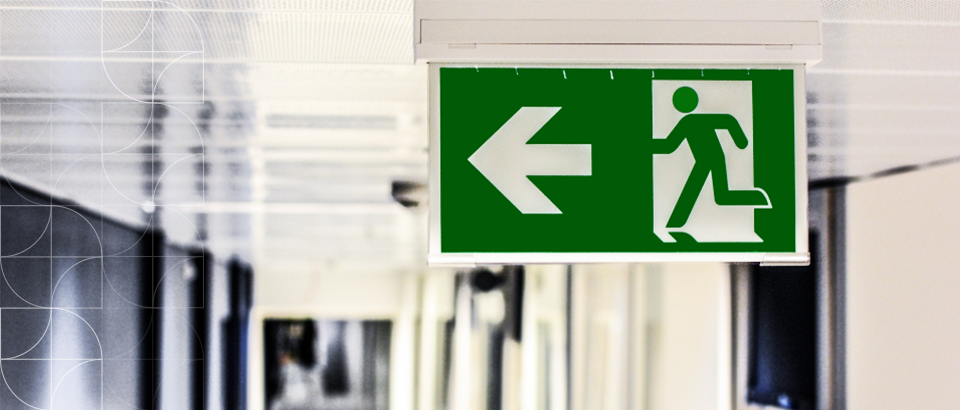Duties under the Health and Safety at Work Act 2015

Duties under the Health and Safety at Work Act 2015
Thursday 13 July, 2017
The Health and Safety at Work Act 2015 imposes different health and safety duties on different people, depending on their role in the workplace. Local authorities need to be aware of these duties and adopt a cautious approach in reducing the risk of a workplace accident.
In this edition, we focus on the duties imposed on “persons conducting a business or undertaking” (PCBUs), “officers” and “workers”.
PCBUs
One of the significant changes introduced by the Health and Safety at Work Act 2015 (‘HSWA’) is the classification of a PCBU as the primary duty holder.
A PCBU is essentially the legal entity carrying on a business or activity, the definition of which is deliberately broad so that the HSWA captures every category of economic activity and business undertaking. Among others, the definition of a PCBU includes: employers, landlords, developers, franchisors and individual persons, whether acting alone or with others, and whether or not for profit or gain. A local authority will be acting as a PCBU in almost every function it performs.
As a PCBU, a local authority has a primary duty of care in a wide range of situations. The following list outlines some of the duties, but is not exhaustive. A PCBU must ensure, so far as is reasonably practicable:
- The health and safety of:
- workers who work for the PCBU, while the workers are at work; and
- workers whose activities in carrying out work are influenced or directed by the PCBU, while the workers are carrying out the work.
- That the health and safety of other persons is not put at risk from work carried out as part of the conduct of the business or undertaking;
- The provision and maintenance of:
- a work environment that is without risks to health and safety;
- safe plant and structures; and
- safe systems of work.
- The provision of adequate facilities for the welfare of workers at work;
- The provision of any information, training, instruction, or supervision that is necessary to protect all persons from risks to their health and safety; and
- That the health of workers and the conditions at the workplace are monitored for the purpose of preventing injury or illness of workers.
These primary duties require local authorities to take all “reasonably practicable” steps, which is a change from the old legislation, which required duty holders to take all “practicable” steps. What is “reasonably practicable” is that which is reasonably able to be done in relation to ensuring health and safety. It requires weighing up:
- the risk, in terms of its likelihood and potential degree of harm;
- knowledge of the risk;
- availability of methods of eliminating or minimising the risk; and
- the cost, associated with those methods proportionate to the risk.
Officers
The HSWA introduced a proactive duty of due diligence on officers to ensure that a local authority, as a PCBU, complies with its duties. In respect of local authorities, the definition of “officers” includes any person with significant influence over the management of the local authority. However, it does not include elected members.
Among other things, due diligence includes taking reasonable steps to:
- acquire, and keep up to date, knowledge of work health and safety matters;
- gain an understanding of the hazards and risks associated with the local authority; and
- ensure appropriate resources and processes are in place to:
- eliminate or minimise risks; and
- receive, consider and respond to information regarding incidents, hazards, and risks.
Workers
The old legislation utilised the narrow definition of “employee”. However, the HSWA has created the broad definition of “worker”, meaning “an individual who carries out work in any capacity for a PCBU”. This includes: employees, contractors, sub-contractors, employees of labour hire companies, apprentices, trainees, volunteers and persons gaining work experience or undertaking a work trial.
The key duties imposed on all workers are that, whilst at a workplace, they must:
- take reasonable care:
- for their own health and safety; and
- that their acts or omissions do not adversely affect the health and safety of other persons;
- comply with reasonable instruction given by the PCBU as far as they are reasonably able to; and
- co-operate with any reasonable policy or procedure related to health and safety.
A “workplace” includes any place where a worker goes while at work or is likely to be at work and any vehicle or other mobile structure.
Our thanks to Helen Bond for contributing to this article.



